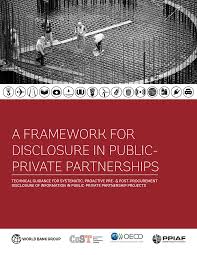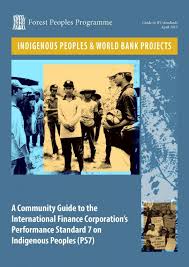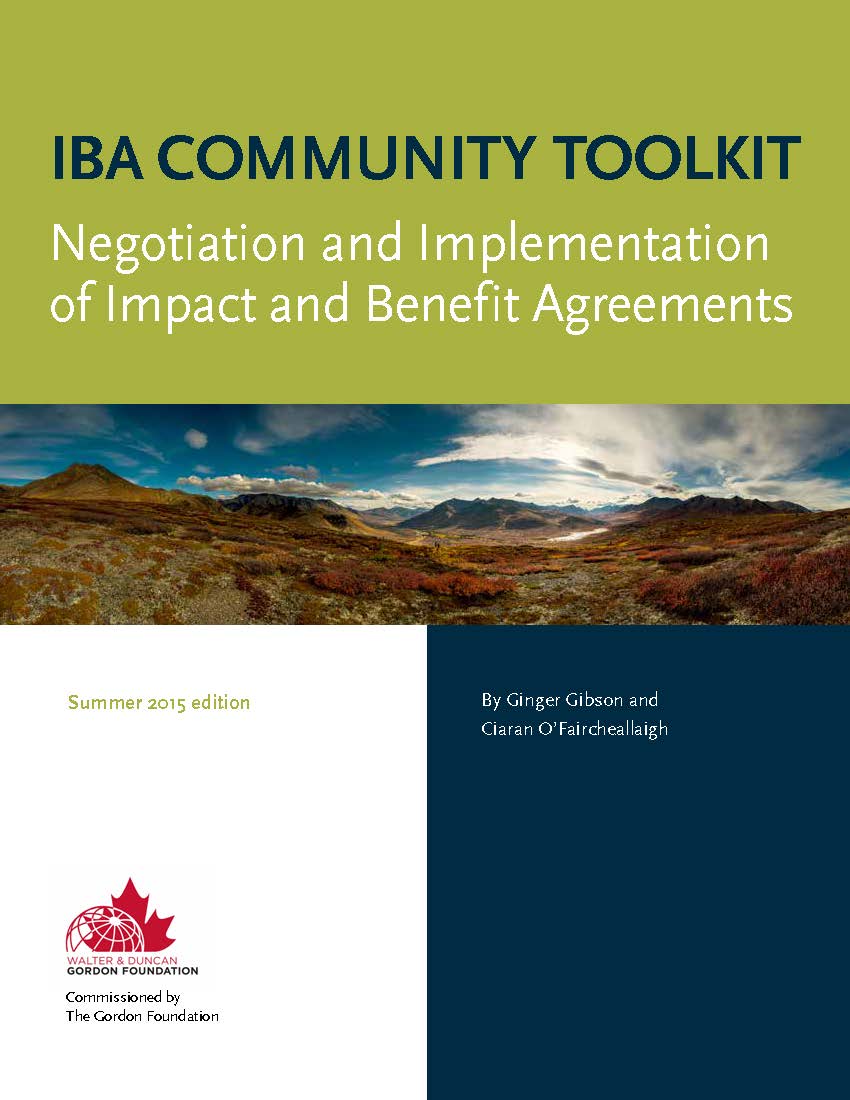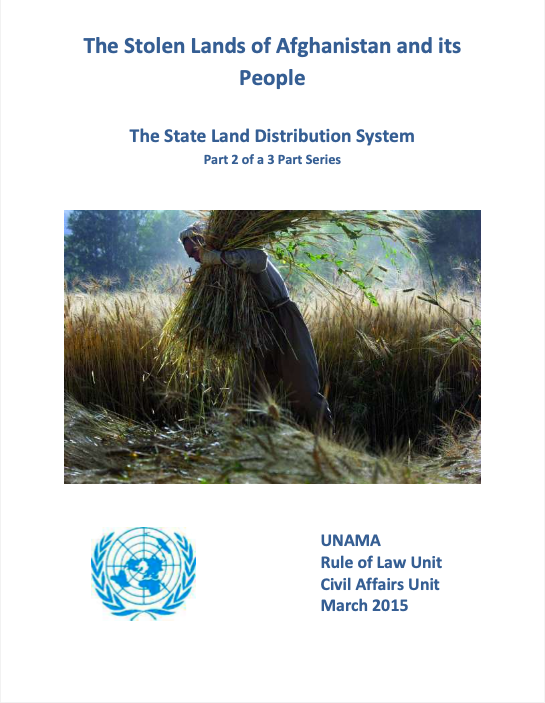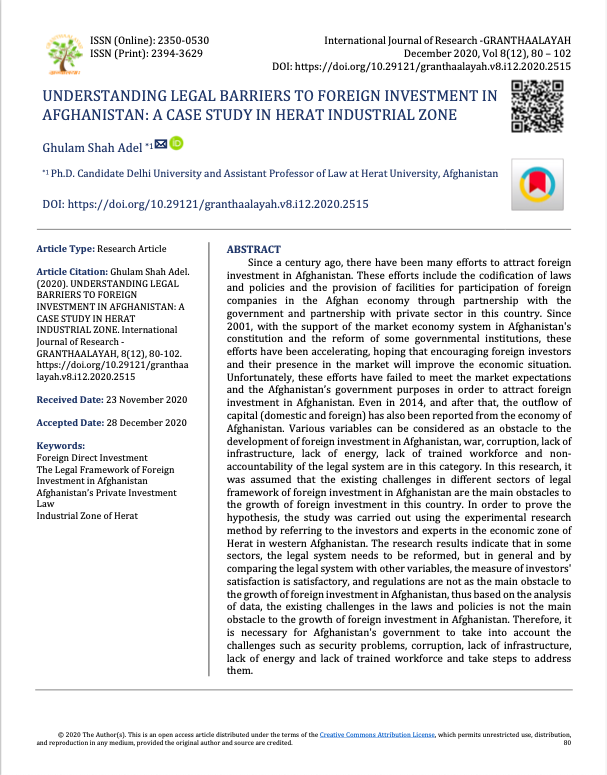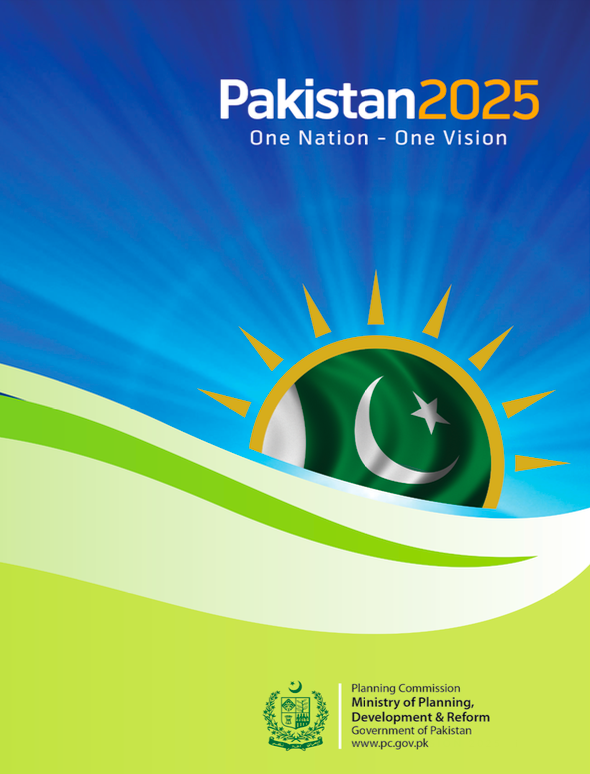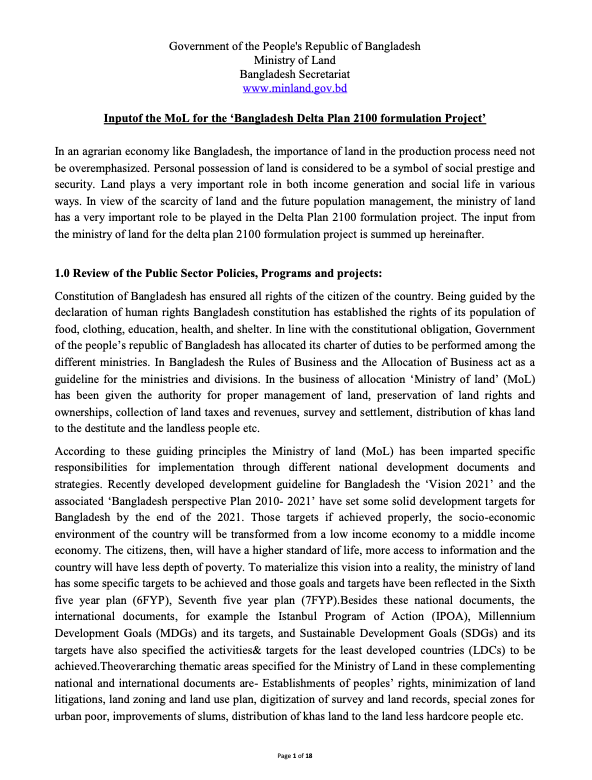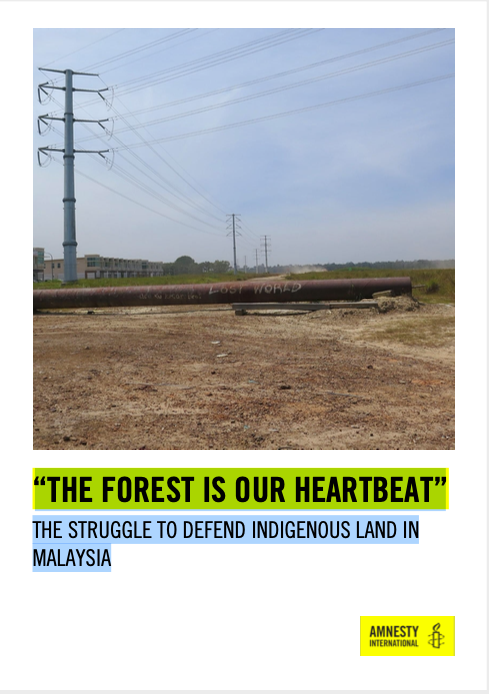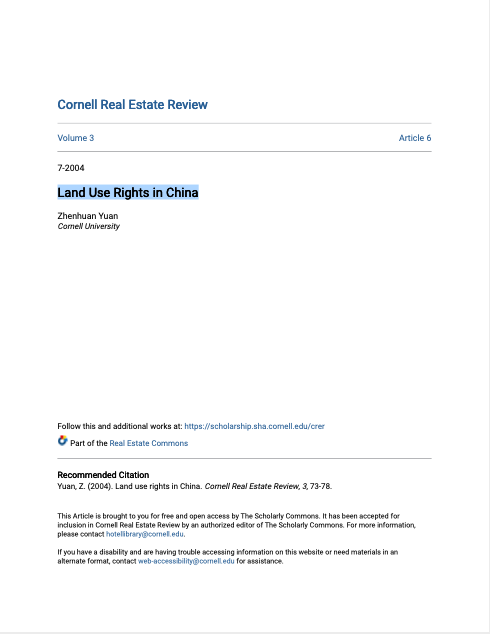A Framework for Disclosure in Public-Private Partnership Projects
This framework provides guidance on policy and practice in public-private partnerships and on the mechanics of disclosure by practitioners within governments and the private sector, to help develop programmes for the systematic, proactive pre- and post- procurement disclosure of information.

